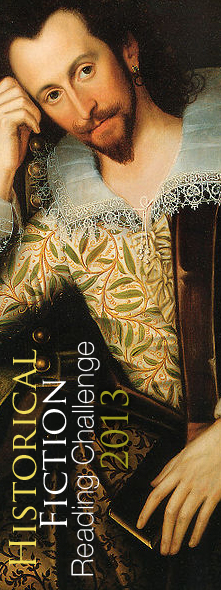What would you do if you found out your very own Aunt Jane was the famous author of Sense and Sensibility?
Jane Austen was a very private person and throughout her career as an author she seemed to shrink from the personal acclamation that arose from the publication of her novels. Whilst her literary pursuits had always been celebrated within her immediate family circle by being read, performed and discussed, very few of her friends read her novels in their draft form.
Her first publication seemed to be a great secret; Sense and Sensibility, a novel, By A Lady, was published in 1811. Her immediate family did know of the pending publication; her brother, Henry, had acted on her behalf with the publishers, and her mother and sister were left at Chawton while Jane went to London to read the proofs before the novel’s publication. But Jane did not tell her niece, Anna, aged 18 at the time and to whom she was close. David Cecil, in his biography, relates an incident where Aunt Jane and Anna were perusing books together in the library:
…the two of them, looking at the novels in the Alton Circulating Library, saw Sense and Sensibility lying on the counter. Anna picked up the first volume. ‘It must be nonsense with a title like that’, she said and put it back again. Jane watched her amused and silent.
Jane had always expressed her desire to remain an anonymous writer and so was quite dismayed when her brother Henry spilled the secret to some acquaintances in 1813, concerning the author of the newly published Pride and Prejudice.
In 1814 Mansfield Park was published, and it was sometime in this year that Jane’s nephew, Edward Austen (later Austen-Leigh), son of James Austen, discovered that his Aunt Jane was a famous author. He was only sixteen at the time and, on finding out the truth, wrote the following poem to his Aunt.
No words can express, my dear Aunt, my surprise Or make you conceive how I opened my eyes, Like a pig Butcher Pile has just struck with his knife, When I heard for the very first time in my life That I had the honour to have a relation Whose works were dispersed through the whole of the nation. I assure you, however, I’m terribly glad; Oh dear, just to think (and the thought drives me mad) That dear Mrs Jennings’ good-natured strain Was really the produce of your witty brain, That you made the Middletons, Dashwoods and all, And that you (not young Ferrars) found out that a ball May be given in cottages never so small. And though Mr Collins so grateful for all Will Lady de Bourgh his dear patroness call, ‘Tis to your ingenuity really he owed His living, his wife, and his humble abode. Now if you will take your poor nephew’s advice, Your works to Sir William pray send in a trice; If he’ll undertake to some grandees to show it, By whose means at last the Prince Regent might know it, For I’m sure if he did, in reward for your tale, He’d make you a countess at least without fail, And indeed, if the princess should lose her dear life, You might have a good chance of becoming his wife.By Edward Austen-Leigh, Jane Austen’s nephew.
By 1815 many people had discovered the name of the famous authoress, even the Prince Regent. Instead of making her a countess, as Edward Austen had suggested he should, the Prince invited her to ask his permission to dedicate her next novel, Emma, to him. She did so, more because she did not wish to cause offence to such an august person than because she was delighted by the idea.
Her last two novels, Persuasion and Northanger Abbey, were published posthumously in 1818. Her brother, Henry, wrote a biographical notice in the preface, announcing Jane Austen to be the author of these works and sharing with her readers some of the history of her life and her last moments on earth. He also mentioned her particular aversion of publicity.
Most gratifying to her was the applause which from time to time reached her ears from those who were competent to discriminate. Still, in spite of such applause, so much did she shrink from notoriety, that no accumulation of fame would have induced her, had she lived, to affix her name to any productions of her pen. In the bosom of her own family she talked of them freely, thankful for praise, open to remark, and submissive to criticism. But in public she turned away from any allusion to the character of an authoress.
In short, she wrote for the pleasure of entertaining her family and friends, rather than the public acclamation that comes with publication. So what would you do if you discovered your own Aunt Jane to be a famous authoress?
Related Posts
Sources and Relevant Links
A Portrait of Jane Austen, by David Cecil – buy on Amazon
The Letters of Jane Austen, the Brabourne edition – read online
Biographical Notice of the Author, by Henry Austen – read online


















